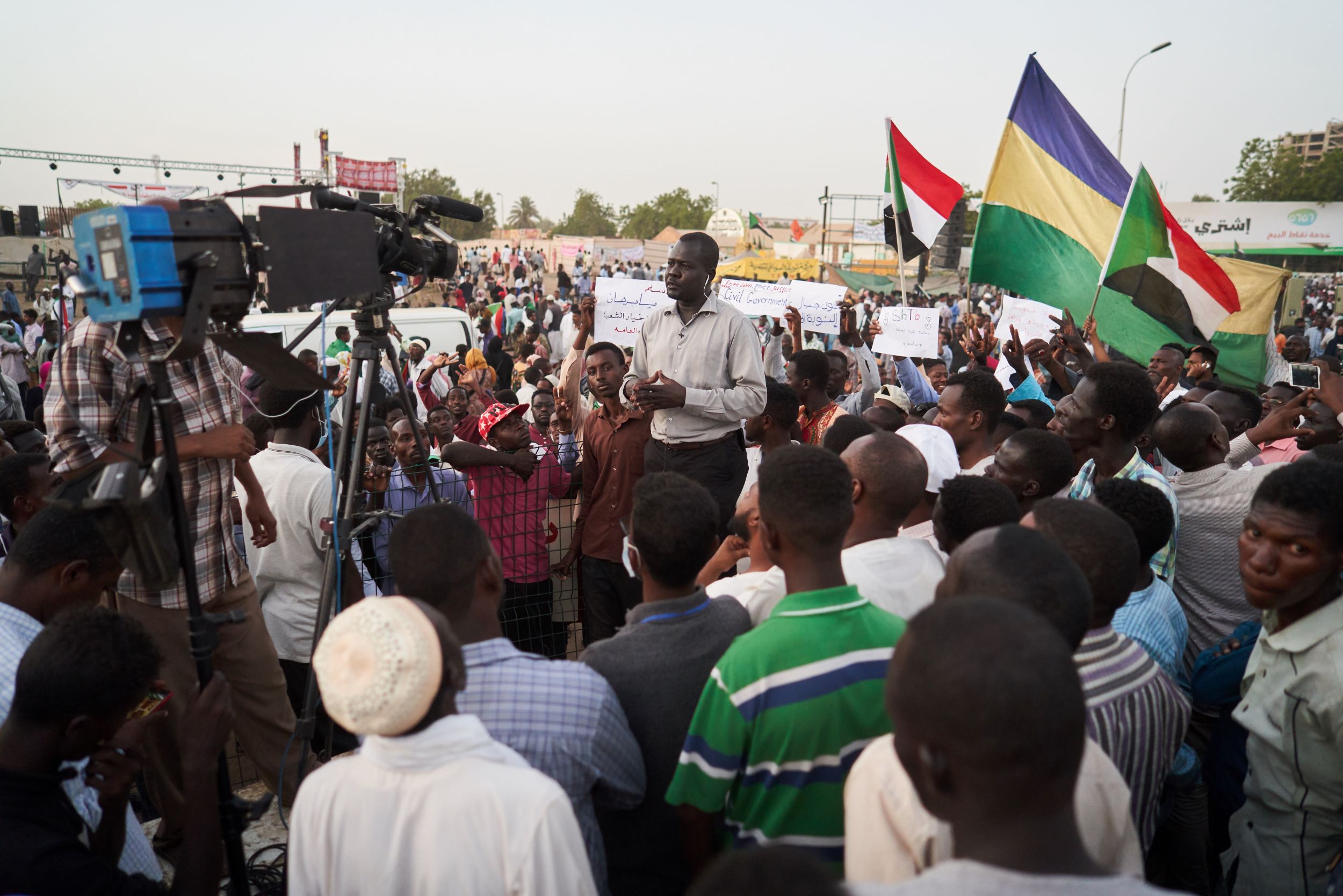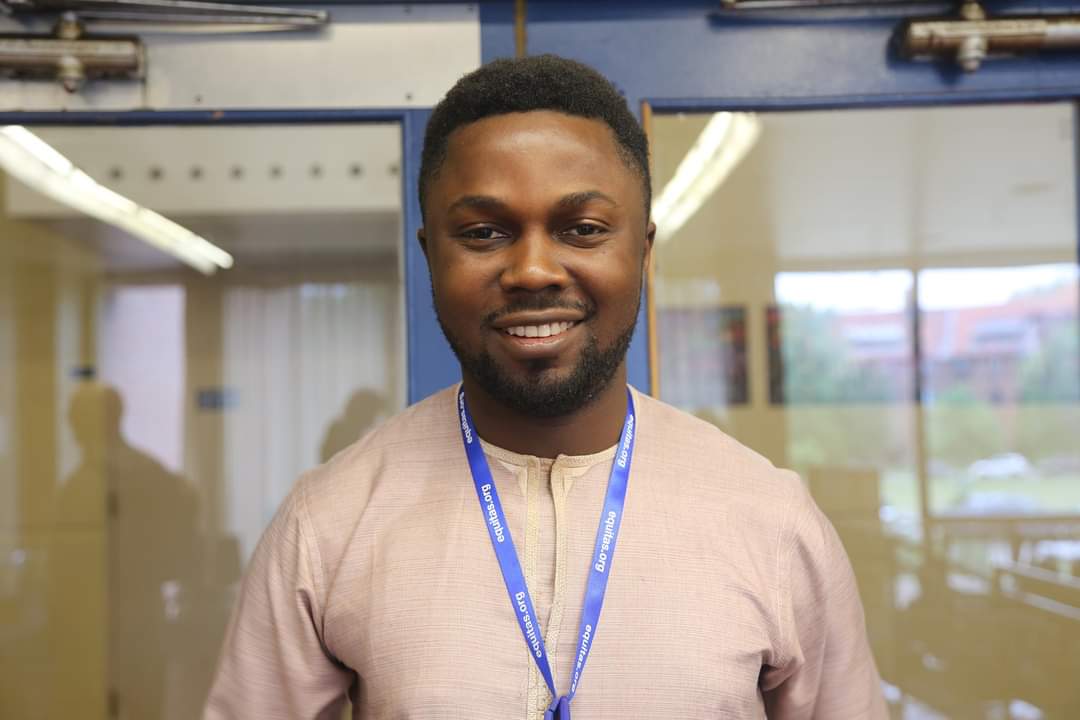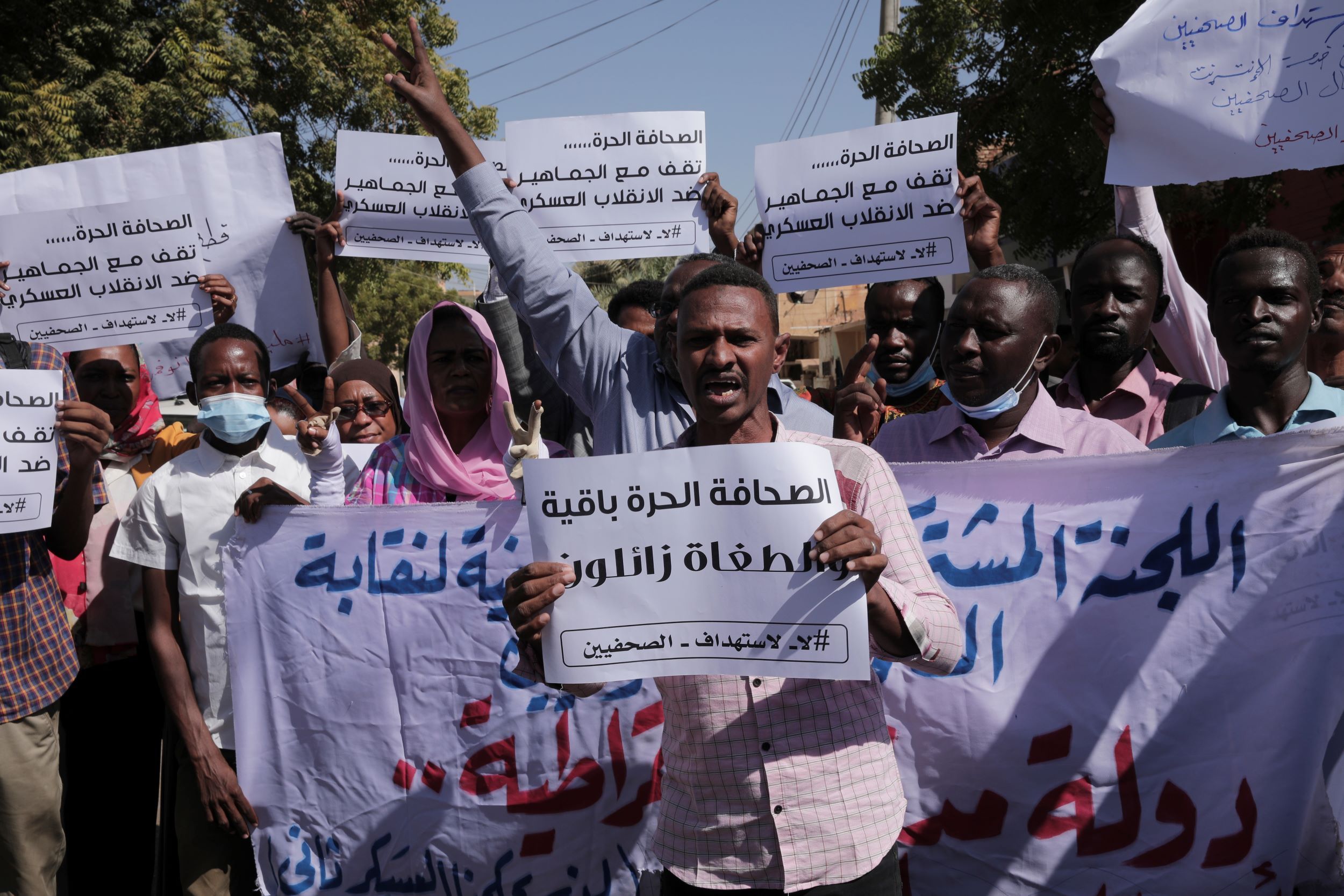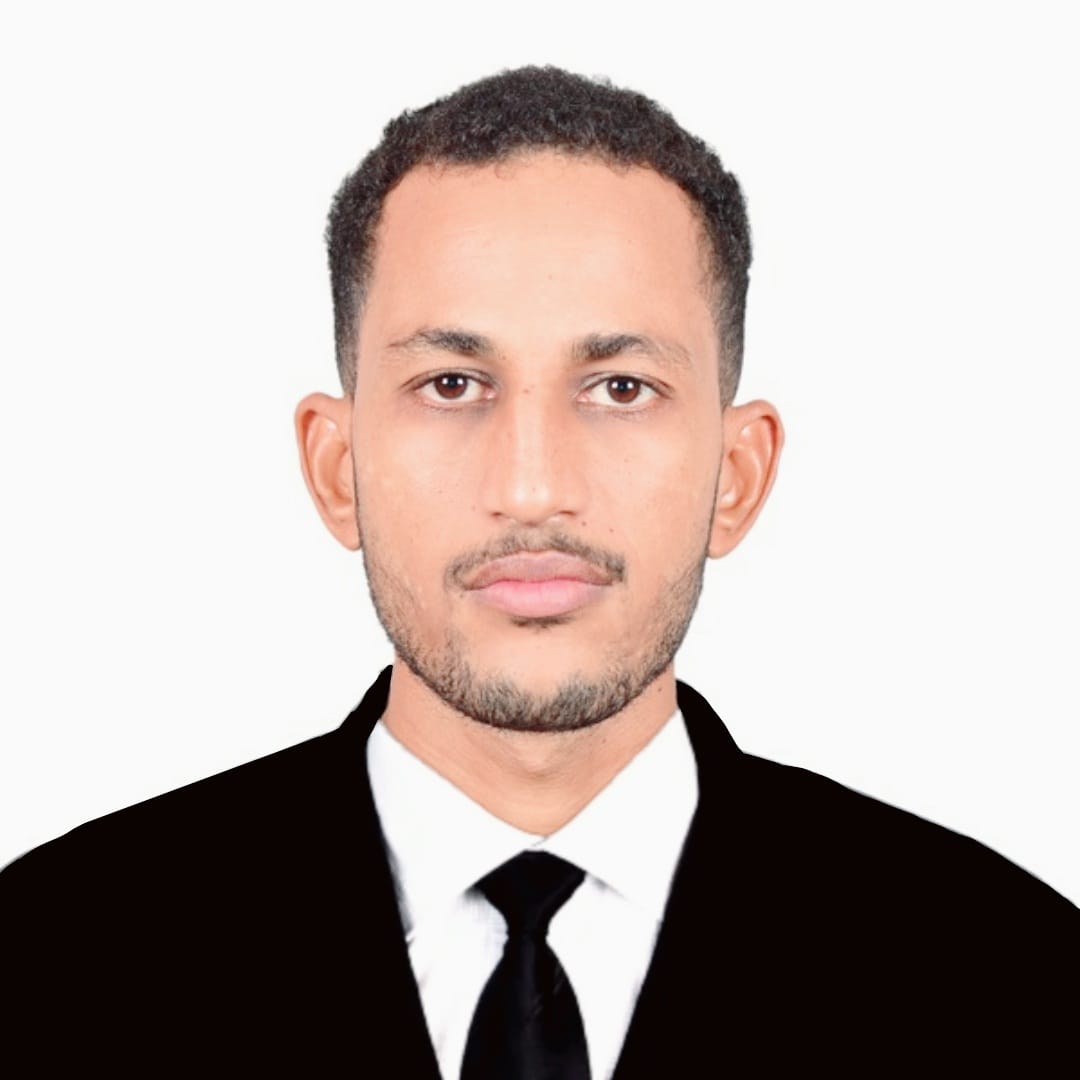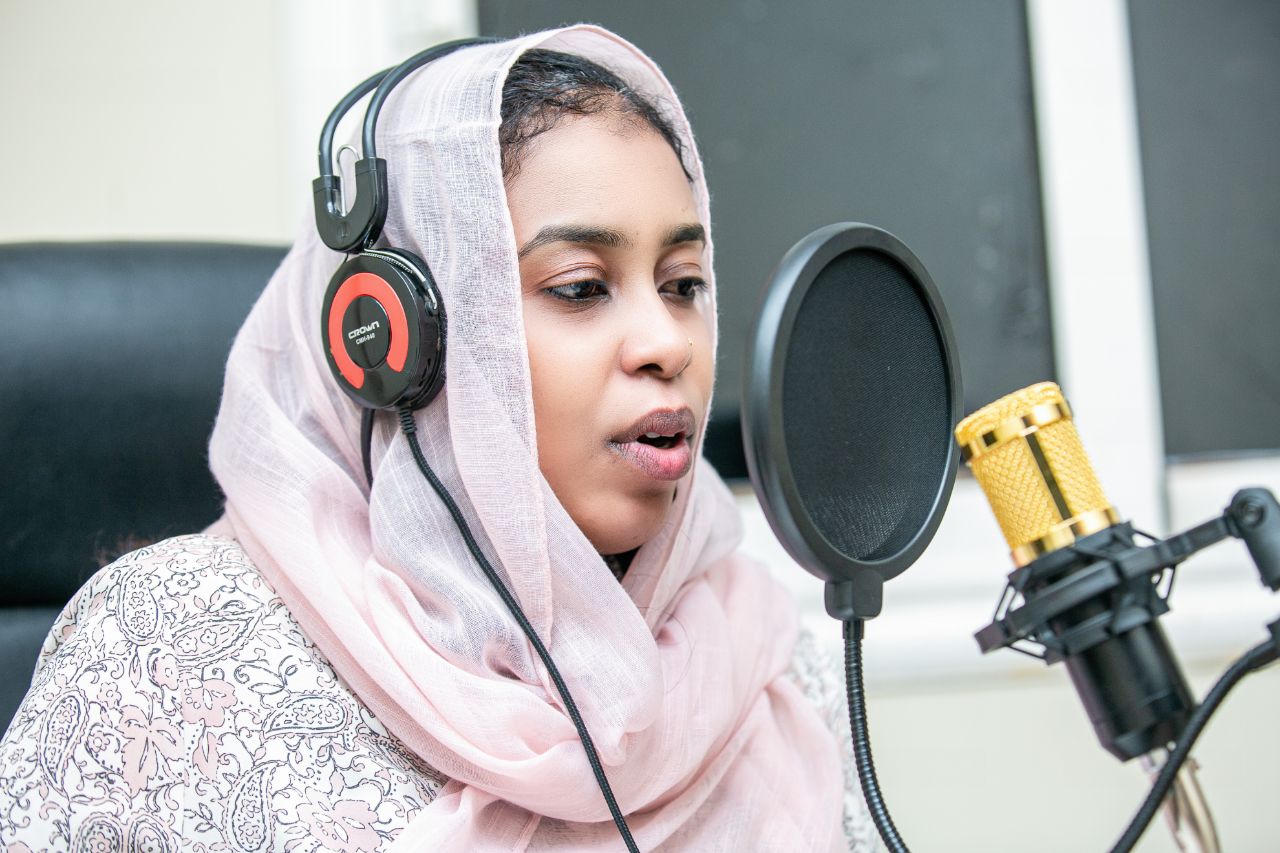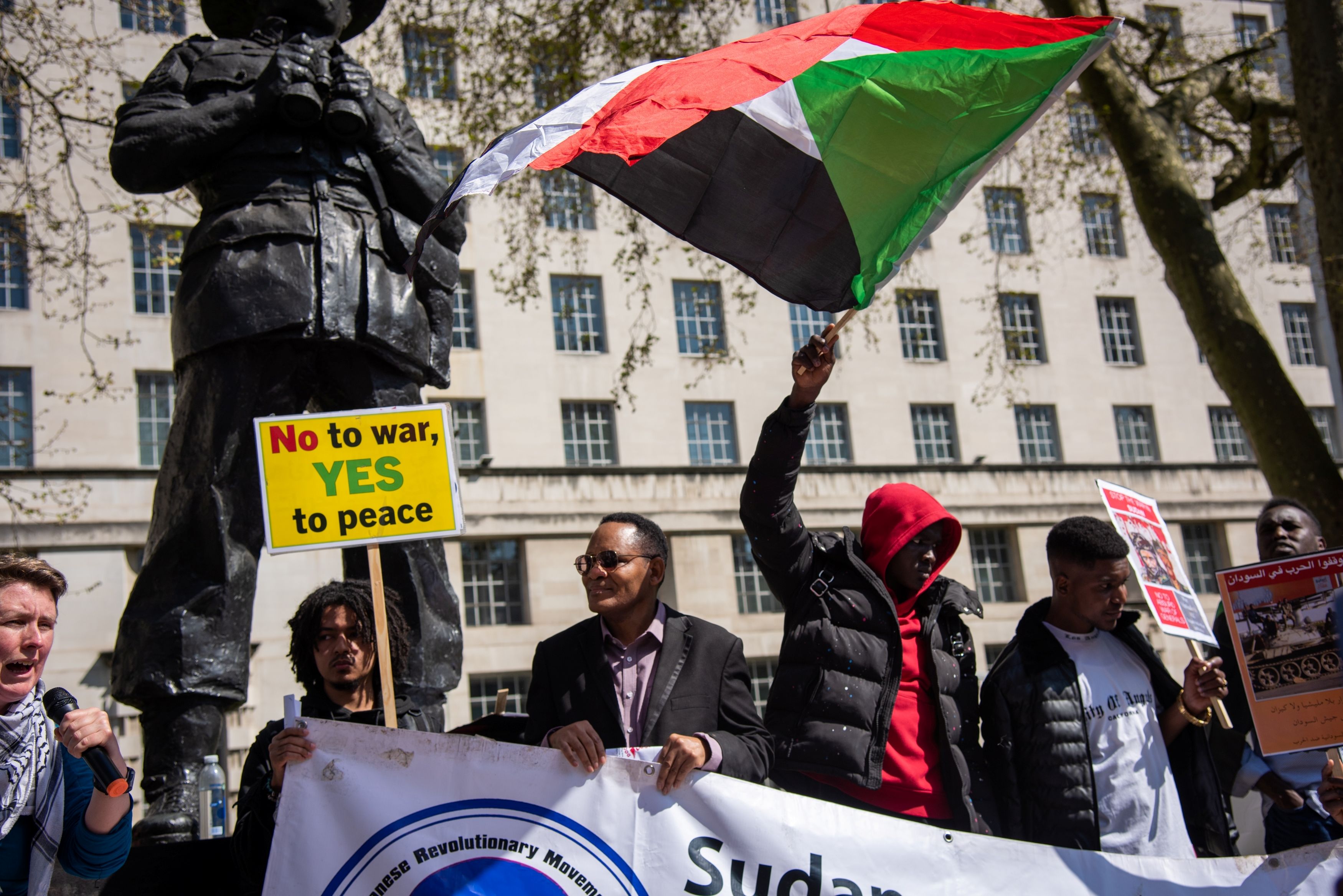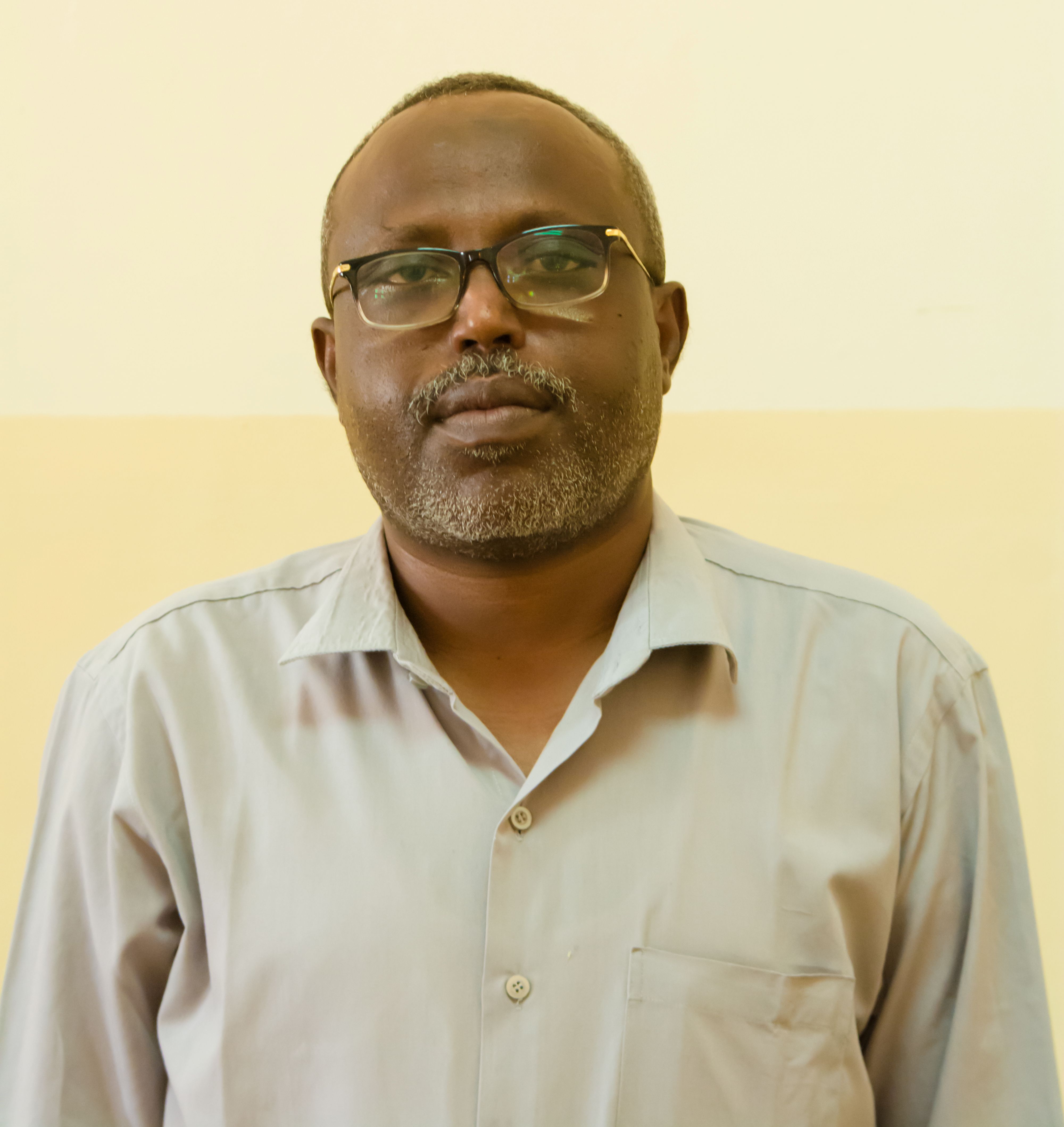Editor’s Note: This article is published under a pseudonym to protect the journalist’s life. The editorial team has verified the facts from multiple sources.
She was arrested, tortured, nearly raped, threatened with death, and subjected to degrading abuse. Her brother was brutally mistreated in an effort to locate her. In the end, her family had to pay a ransom to secure her release.
She sought refuge abroad, but eventually returned to Sudan to continue documenting the war’s toll, particularly in El Fasher, a city now under siege. This is the harrowing account of a Sudanese journalist detained and tortured by the Rapid Support Forces.
I never imagined that my profession would become the source of my suffering. I had chosen journalism freely and pursued it passionately in a land plagued by tyranny and repression. I was born and raised in Sudan, in the grief-stricken city of El Fasher, the capital of North Darfur in western Sudan. I practised journalism without major hindrance until the war broke out on April 15, 2023. From that point on, everything changed.
The war brought immense pressure, yet I fulfilled my duty to the best of my ability, both as a journalist and as a volunteer humanitarian. I reported on developments and produced human-interest stories from the ground for several well-known news outlets.
The day the southern hospital fell marked a turning point in my life as a journalist. That day, I was detained by the Rapid Support Forces (RSF) in El Fasher and taken east to the town of Kuma. The cell I was held in could only be described as a dark, filthy, foul-smelling chamber of ghosts, overcrowded with detainees, each with a different story. I spent the night there until morning, when I was moved to an interrogation room.
Two RSF fighters approached me, weapons drawn, with menacing smiles and sharp, mocking language. They shackled me to a worn-out chair and hurled insults: "You Felanga journalist!" a local slur implying allegiance to the former regime.
They struck me hard blows to my face and all over my body. I endured brutal torture that left me too weak to stand or rest. They accused me repeatedly of siding with the army and exposing the suffering of El Fasher’s residents. I was not given any food for 72 hours and was forced to drink contaminated water from sealed bottles, as they laughed mockingly.
The day the southern hospital fell marked a turning point in my life as a journalist. That day, I was detained by the Rapid Support Forces (RSF) in El Fasher and taken east to the town of Kuma. The cell I was held in could only be described as a dark, filthy, foul-smelling chamber of ghosts, overcrowded with detainees, each with a different story. I spent the night there until morning, when I was moved to an interrogation room.
Another 72 hours passed in the same dire conditions before a man with the rank of lieutenant colonel came to interrogate me. He attempted to coerce me into working for the RSF:
“You have the opportunity to work with us. We’ll make sure you’re comfortable.
A generous salary, relocation abroad, a luxurious residence. We’ll evacuate your family too. Think it over. Do the math.”
When I refused, one of them attempted to rape me, sneering:
“You’re nothing but a felnaga oil-change stop for the fellenge; why would it matter to you?” (A deeply degrading local expression meant to strip a woman of her dignity.)
His words hit me like a thunderclap. I saw the rage swelling in his face as he spat on me. I was still shackled, helpless, unable to respond. I remained silent, swallowed the pain, and whispered prayers for strength.
One of his comrades coldly muttered:
“Better to just kill her and let her rot.” It was a direct death threat.
They struck me hard blows to my face and all over my body. I endured brutal torture that left me too weak to stand or rest. They accused me repeatedly of siding with the army and exposing the suffering of El Fasher’s residents. I was not given any food for 72 hours and was forced to drink contaminated water from sealed bottles, as they laughed mockingly.
I spent an entire month in that detention facility. I survived on mouldy scraps of bread and lentils laced with baking soda, drinking only polluted water. I relieved myself—may you pardon the expression—inside that same room. At times, I would speak with other female detainees, sharing stories of our shattered dreams and wondering aloud what fate awaited us.
Eventually, another RSF officer, who knew me personally, arrived. After greeting me, he presented two options:
“Either join us – you’re one of us by tribe and appearance – or pay a ransom of $1,500 for your release.”
His words hit me like a thunderclap. I saw the rage swelling in his face as he spat on me. I was still shackled, helpless, unable to respond. I remained silent, swallowed the pain, and whispered prayers for strength.
They allowed me to make a phone call. I reached my mother and siblings. My family managed to gather the amount and paid the ransom. I was released on the condition that I never report again from El Fasher or remain in the city.
But I refused to be silenced. I returned to El Fasher and resumed both my humanitarian and journalistic work. However, my deteriorating health forced me to pause. I was diagnosed with rheumatoid arthritis, a chronic autoimmune disease that severely weakened my immunity.
With my health and financial condition worsening, I fled to a neighbouring country as a refugee, but found no viable environment for work. I eventually returned to Sudan and chose to live in a nearby state, participating in local charitable efforts. I continue reporting on what is happening in El Fasher to this day.
My family, too, was not spared retaliation. In Darfur, the RSF operates under the cruel logic of collective punishment. My older brother was brutally beaten, simply for being related to me. They tried to force him to disclose my whereabouts. Fearing for their safety, my family fled the country and cannot return, especially after El Fasher fell into RSF hands.
To the world, I say this: journalism is a free profession. It is not a crime to be punished.
Today, I remain in the dark about the fate of many fellow field journalists, among them my colleague Muammar Ibrahim, who is currently detained by the RSF. I do not know if he is alive.
Based on my harrowing experience in detention, I issue an urgent plea to all relevant authorities and to the International Federation of Journalists:
It is imperative to enforce real, on-the-ground protections for journalists. I call on the international community to support my colleague Muammar and demand his release, if he is still alive, and to investigate the fate of other missing journalists.
This article was originally written in Arabic and translated into English using AI tools, followed by editorial revisions to ensure clarity and accuracy

